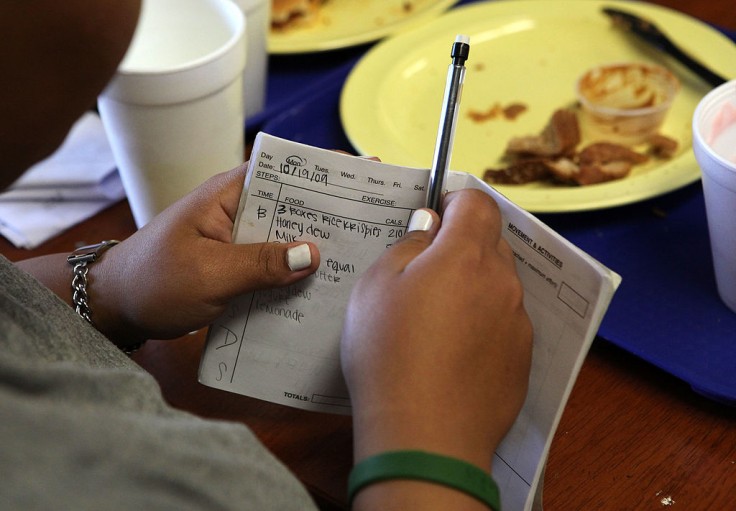
A 17-year-old boy from Indianapolis has successfully achieved remission from type 2 diabetes after taking control of his diet and lifestyle to lose about 118 pounds. Tayé Baker recounted his journey to better health after being diagnosed with a serious condition in August 2019.
According to Everyday Health, Baker committed to doing a daily fitness routine of 100 sit-ups and using a stationary bike for 45 minutes. He also gave up eating greasy food and overhauled his diet. His mother, Michelle Stewart, has supported Baker's drive to improve his health and kept encouraging the teenager to transform his life.
At the start of his lifestyle change, Baker, who stands at 5-foot-11, was at 306 pounds and had an estimated 46.5 body mass index, which means he was morbidly obese. More than a year into his journey, Baker is now 188 pounds with a 27.0 body mass index.
His endocrinologist, Zeina Nabhan, MD, has taken him off metformin and insulin injections as his blood sugar is at a normal level (5.2). Nabhan said that a type 2 diabetes remission doesn't often happen unless the patient has the discipline to work harder.
Weaning Off Insulin
According to the Centers for Disease Control and Prevention (CDC), more than 6,000 kids developed type 2 diabetes every year, and the numbers are increasing, especially for Black, Hispanic, and Asian Americans. Baker learned of his diseases after his mother took him to the doctor because he kept complaining about his leg cramps. The teenager also frequently needed to drink water.
The doctor advised the family to get Baker tested for diabetes at the Riley Hospital for Children as his cramps affected his ability to walk. At the specialist center, Baker was told that he has diabetic ketoacidosis, a life-threatening illness that turns fat into ketones at a faster rate. The result makes the blood acidic, making blood sugar uncontrolled. The teen's mother was told her son would likely need insulin injections for the rest of his life.
Stewart didn't want her son to be dependent on insulin and deal with the complications of his disease. While Baker worked on changing his lifestyle, his mother also looked for a good endocrinologist and found Dr. Nabhan.
According to Dr. Mary Pat Gallagher of NYU Langone, diabetes experts work on weaning off a patient with type 2 diabetes from insulin within three months of treatment. Baker was able to do it in seven weeks.
Tough Challenges
In an interview with Riley's Children Organization, Baker said that he had thought of losing weight before, but he wasn't motivated to commit to the fitness routine until he learned of his diagnosis.
Baker admitted that he had a tough time keeping his new lifestyle and diet in the beginning. Even before the lockdown, the teen had a sedentary lifestyle, but he was determined to follow his exercise routines. As a result of his physical fitness, his body started to produce more insulin, which helped eliminate his reliance on the treatments.
On the other hand, his supportive mother learned to cook healthier food and did more baking and air frying. Stewart also prepares portion-controlled meals for her son and carefully measures what he eats, including the condiments. The family has a weekly food journal, which is regularly reviewed by the healthcare team helping out the teenager.